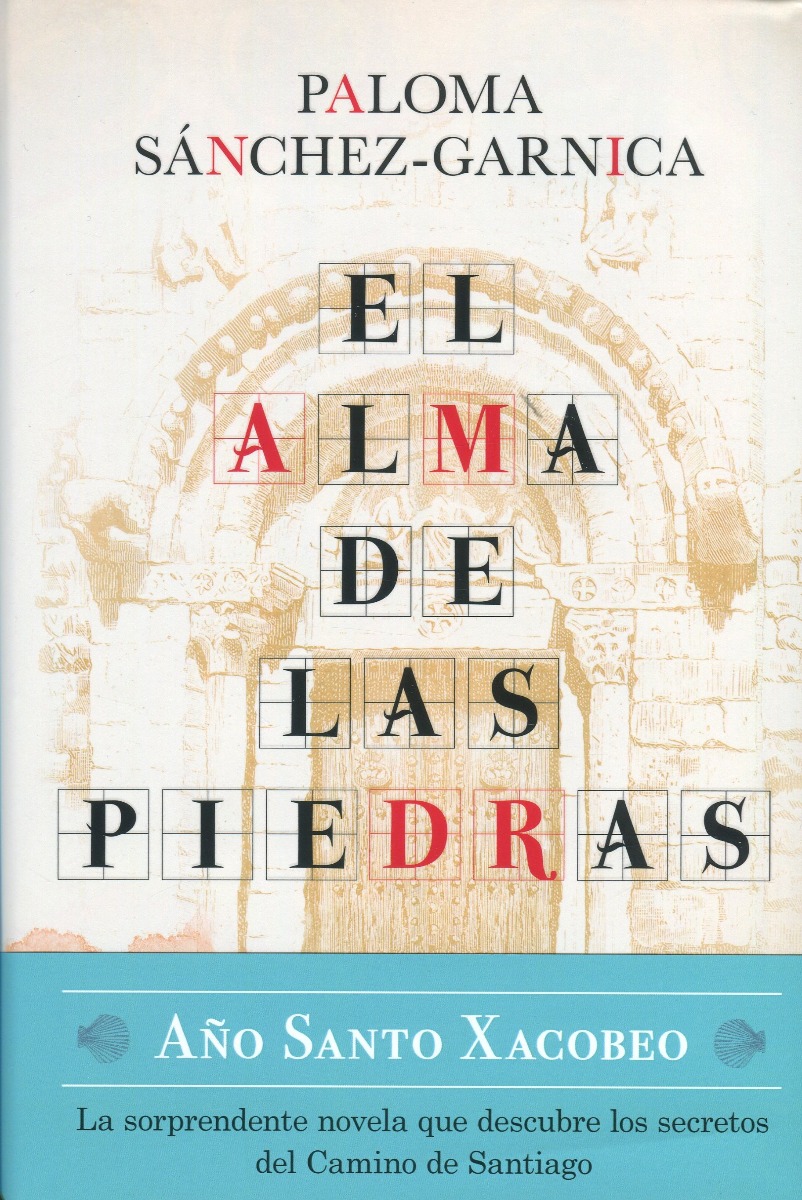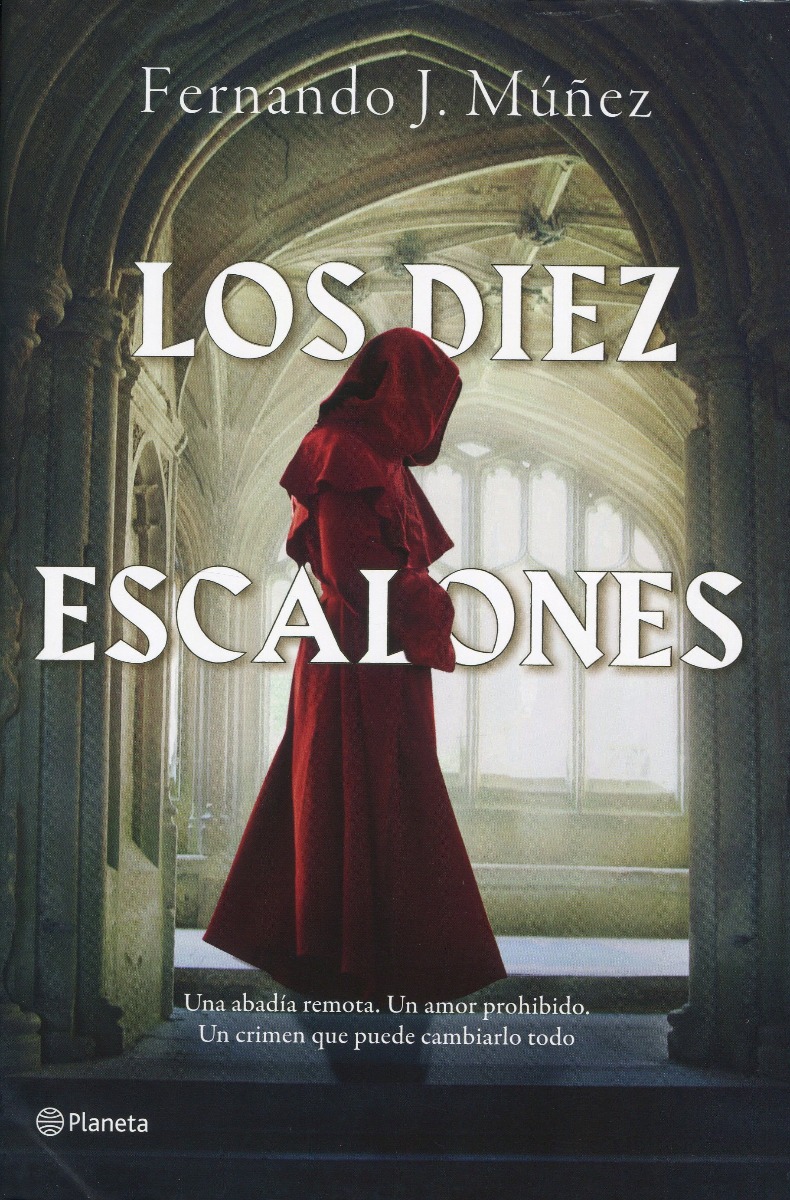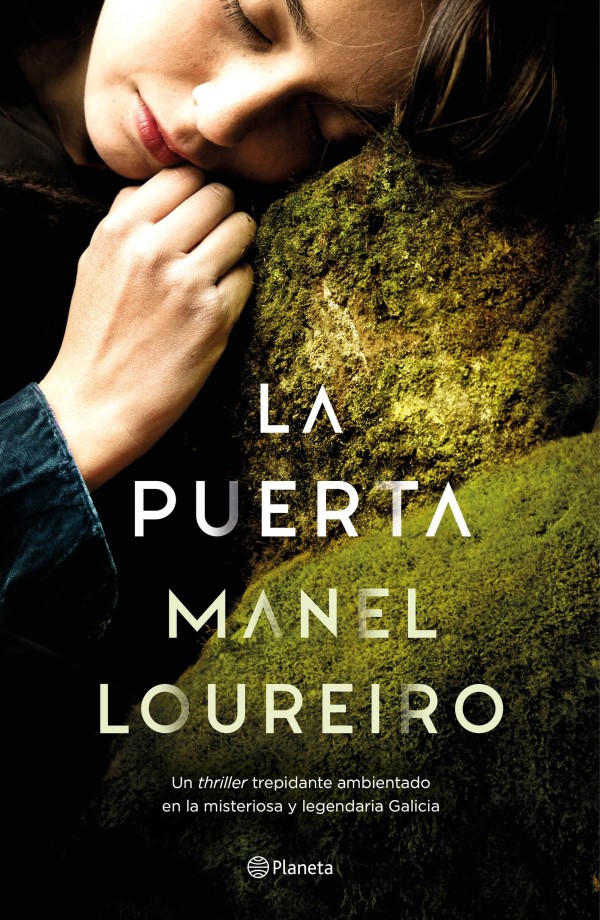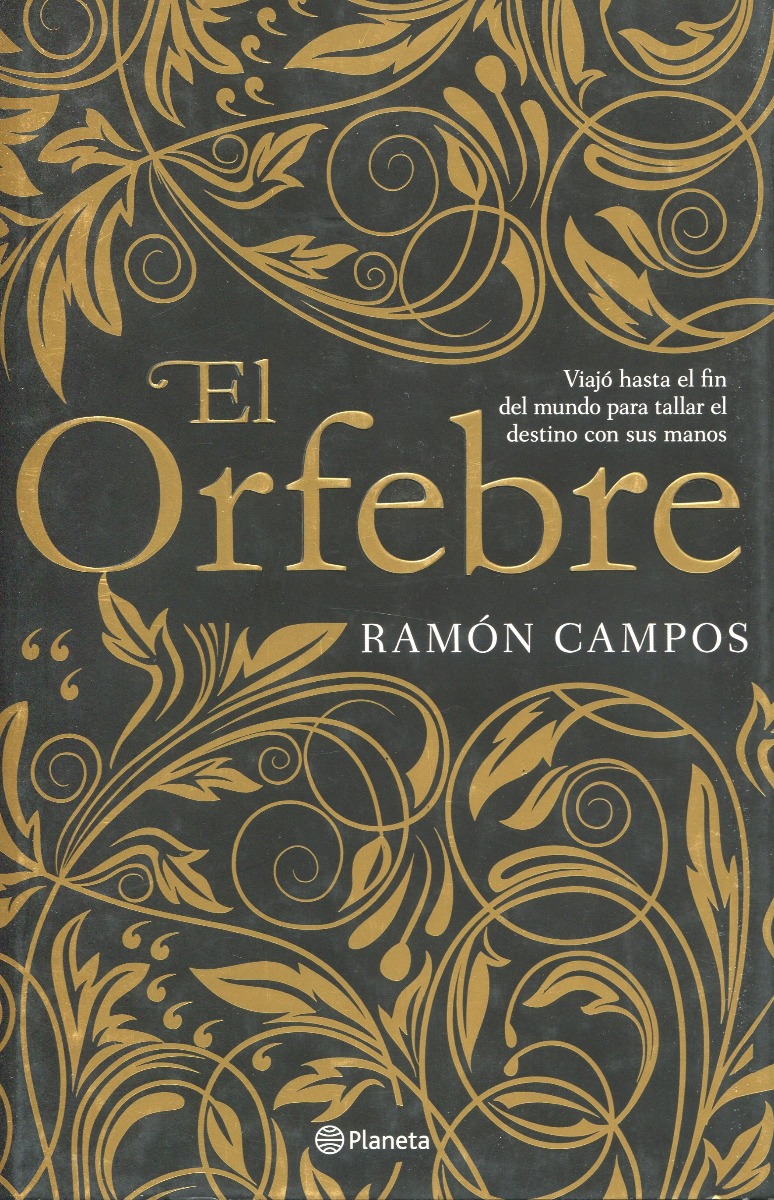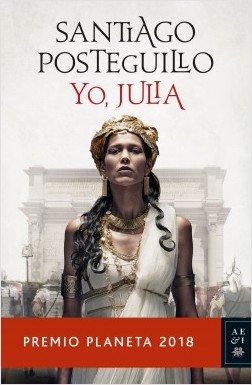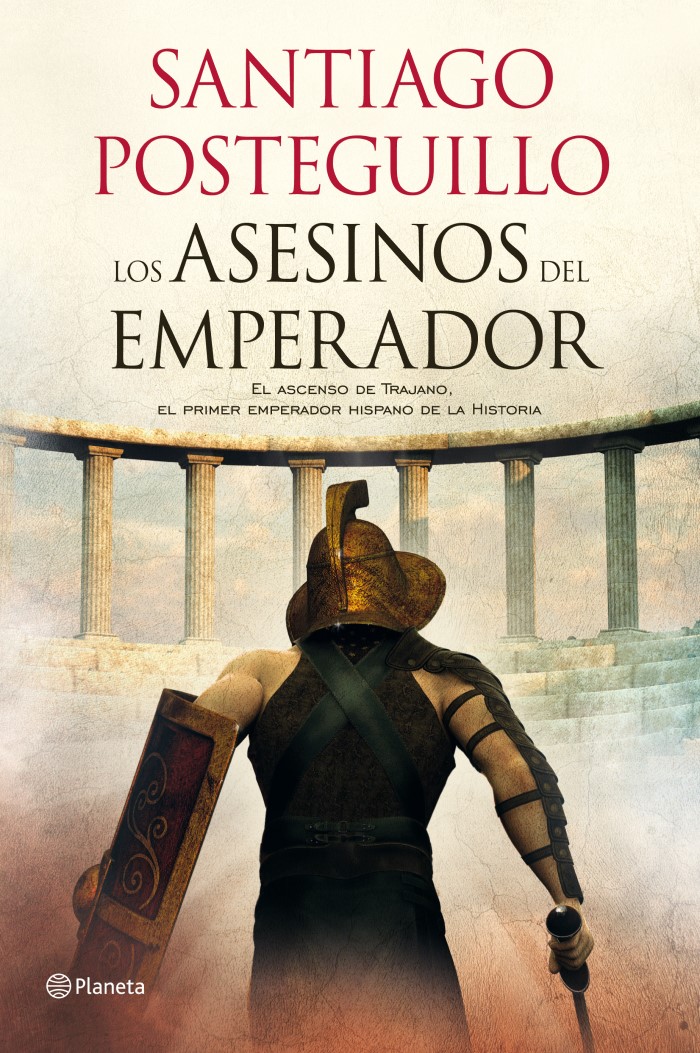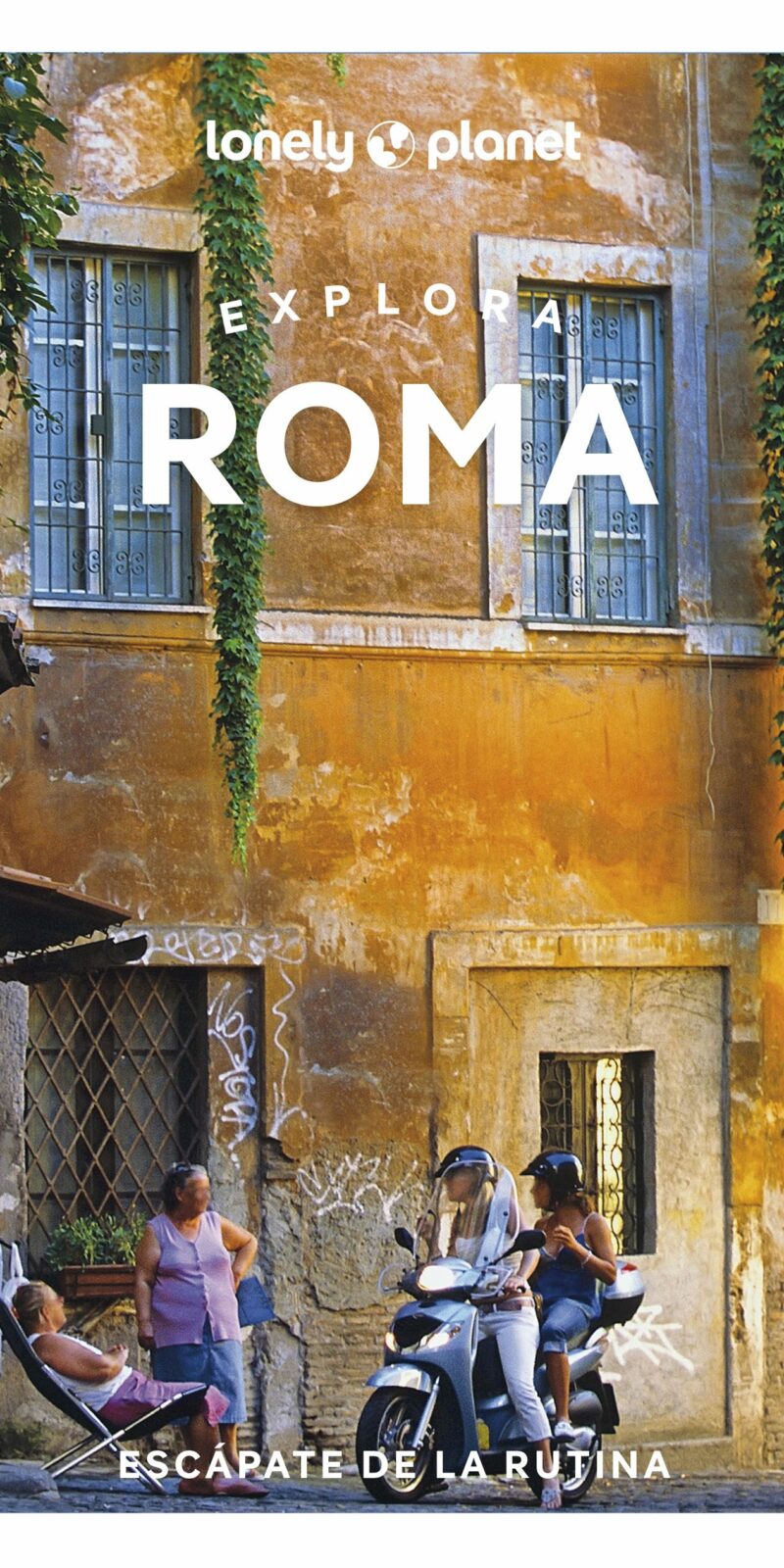Una sorprendente novela que descubre los secretos ocultos del Camino de Santiago
Corre el año 824 d. C. El ermitaño Paio, el obispo Teodomiro y su ayudante Martín de Bilibio hallan una tumba cuyos restos, aseguran, pertenecen a Santiago Apóstol. Crean así, cerca de la tierra del fin del mundo, el Lugar Santo Jacobeo para atraer a la cristiandad. Dos siglos después, una joven noble, Mabilia, junto con el cantero Arno comienzan la búsqueda de La Inventio, en donde se relata la verdad del «milagroso» hallazgo y cuyo paradero se encuentra oculto tras unas marcas talladas en la piedra.
El alma de las piedras es una intensa aventura con grandes dosis de acción en un mundo medieval plagado de misterios y peligros que cautivará a los lectores más curiosos e inquietos.
Una sorprendente novela que descubre los secretos ocultos del Camino de Santiago
Chapter 1 Introduction: Political Corruption in a World in Transition
Jonathan Mendilow, Eric Phélippeau
Part I. Transitions
Chapter 2 Fixed Legalistic Definitions of Corruption in Shifting Realities: Some Implications from Brazil
Ezequiel Martins Paz
Chapter 3 Corruption Perceptions and Transitions: Balancing the Needs of NGO Clients and Organizational Sustainability
Paulina Alvarado-Goldman
Chapter 4 Fetishizing Altruism: Corruption in the International Aid Context and the presumption of doing no wrong
Maria D. Bermudez
Part II. The setting of corruption
Chapter 5 Persuasive Corrupters: Arguments Made to Corrupt Public Officials
Mónica García Quesada,
Fernando Jiménez Sánchez
Chapter 6 Local corruption in the Czech Republic: Does size matter?
Stanislav Balík
Chapter 7 Political Corruption in a World in Transition: The Fluctuating Boundaries of Corruption
Sofia Wickberg
Part III. “Legal Corruption”
Chapter 8 Civilizing French politics: Illegality, Playing with the Rules, Offenses and Public Probity
Alix Meyer, Eric Phélippeau
Chapter 9 The untimely disappearance of the “appearance of influence” in American politics
Olivia Newman
Chapter 10 Parties of political entrepreneurs in the Czech Republic and Slovakia: Unfolding tale of multifaceted actors
Roman Chytilek, Petra Svačinová
Part VI. Populism: A ‘Special Case’ of Legal corruption?
Chapter 11 Machiavelli, Elite Theory, and the State of Exception: The Corruptions of Populism
Frank Rusciano
Chapter 12 Light onto Europe or Darkness at Noon? Corruption, Civil Society, Populism and Manipulation in Romania
Michael Shafir
Chapter 13 What we Talk About When we Talk About Corruption
Robert G. Boatright, Molly Brigid McGrath
List of contributors
Jonathan Mendilow is professor of political science and global studies at Rider University in Laurenceville, New Jersey. He serves as the current chair of the IPSA Research Committee on ‘Political Finance and Political Corruption’. He has published extensively on political finance, party competition, Middle Eastern politics and modern political theory.
Eric Phélippeau is professor of political science at Paris Nanterre University, member of the Institute for Political Social Sciences (ISP, UMR 7220 CNRS) and the IPSA Research Committee on ‘Political Finance and Political Corruption’. His research focuses on political finance and political corruption, ethics regulations in politics, and political professionalization.


